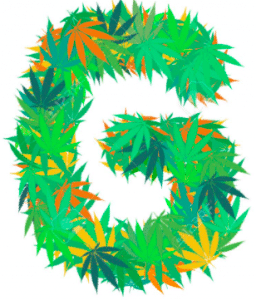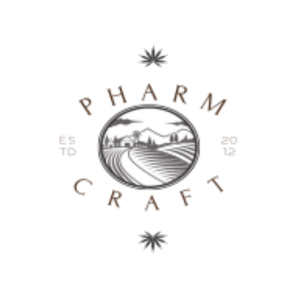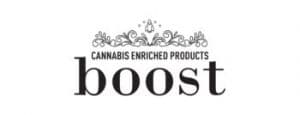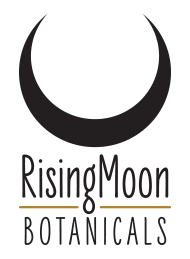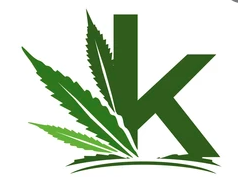News
CBD Addiction: Navigating the Complex Landscape of Cannabidiol Use
In the ever-evolving world of wellness, the rise of CBD has sparked both fascination and concern. One prevailing topic of discussion is the concept of CBD addiction. In this comprehensive exploration, we embark on a journey to unravel the myths and realities surrounding Cannabidiol use. From the scientific landscape to user experiences, we delve into the nuanced aspects of CBD addiction to provide clarity and foster a well-informed perspective.
The CBD Boom: Understanding the Hype
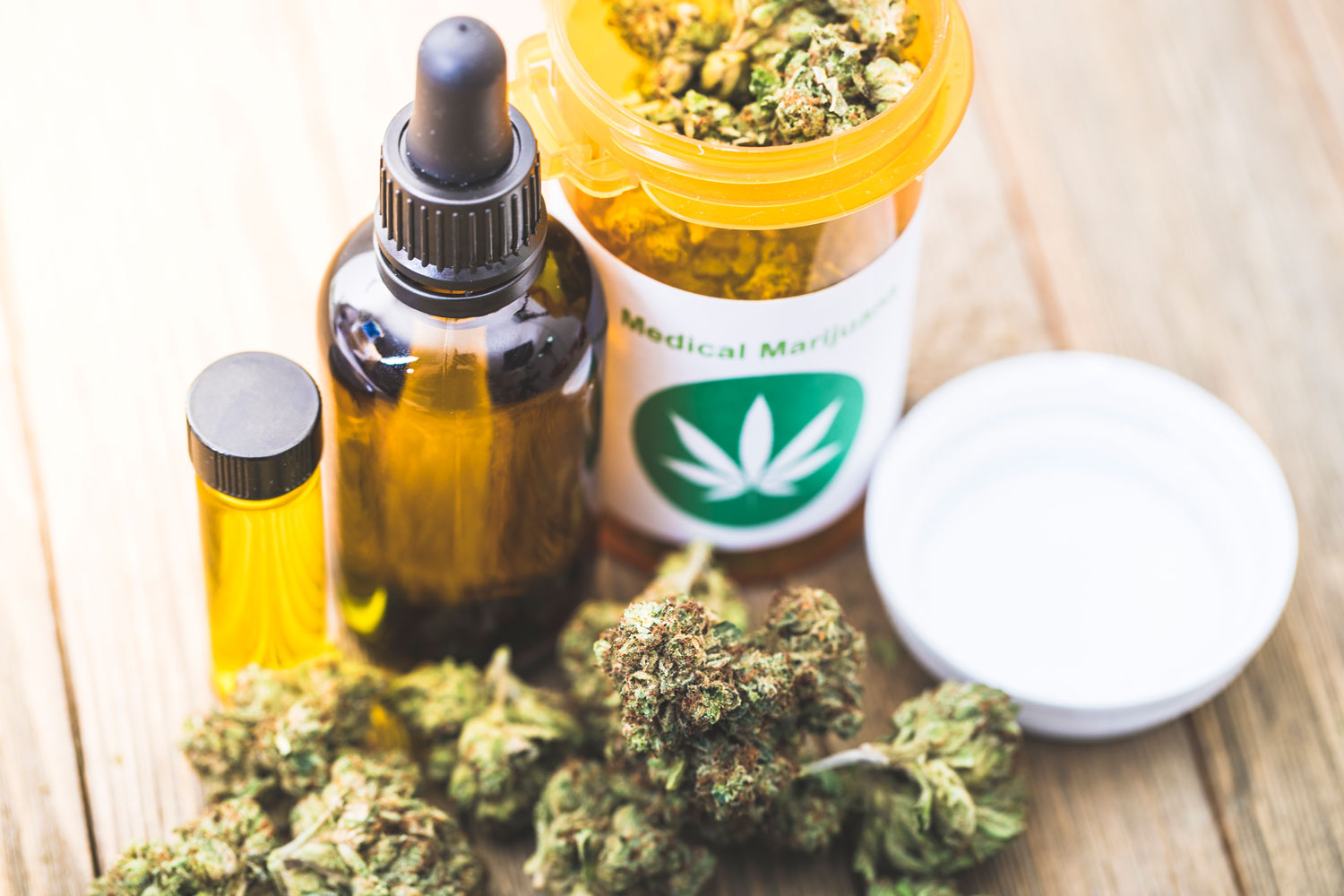
Amid the CBD boom, the surge in popularity of cannabidiol is undeniably fueled by its perceived wellness benefits. Users are drawn to a diverse array of CBD products, ranging from oils to edibles, seeking relief from a spectrum of health concerns, including anxiety, pain, and insomnia. This widespread adoption can be attributed to the growing acknowledgment of CBD’s non-psychoactive nature and its potential therapeutic effects. However, amid the flourishing market, questions arise about the potential for CBD addiction. While users are turning to CBD for its purported positive impacts, it becomes imperative to navigate the fine line between beneficial use and dependency. The inherent complexities surrounding CBD addiction warrant a closer examination, raising critical considerations about the responsible integration of CBD into daily wellness routines. As we unravel the reasons behind the CBD boom, it is essential to address the emerging concerns surrounding the addictive potential of this widely celebrated cannabinoid.
The Science Behind CBD: Separating Fact from Fiction
Delving into the scientific underpinnings of CBD, we explore its interaction with the endocannabinoid system and neurotransmitters. By understanding the pharmacology of CBD, we aim to clarify whether addictive properties are inherent in this non-psychoactive cannabinoid.
Breaking Down the Term: Defining Addiction in the CBD Context
In the realm of CBD discourse, understanding the term “addiction” becomes paramount, as it is often employed with varied interpretations. In the context of CBD, addiction encompasses a spectrum of factors, requiring a nuanced examination. Dependency, a key facet, entails the reliance on CBD for perceived benefits, with users incorporating it into their routines to manage certain conditions. This reliance may be psychological, where individuals find comfort or relief in consistent CBD use. Withdrawal, another critical element, refers to the potential symptoms experienced upon discontinuation, such as changes in mood or sleep patterns. It’s crucial to discern whether these manifestations are indicative of true addiction or merely a temporary adjustment period. Habitual use, the third component, involves incorporating CBD into one’s routine without an explicit medical need. By dissecting these elements, we strive to dispel misconceptions surrounding CBD addiction, fostering a clearer understanding of the nuanced relationship between CBD consumption and these complex psychological and physiological factors.
User Perspectives: Debunking Misconceptions
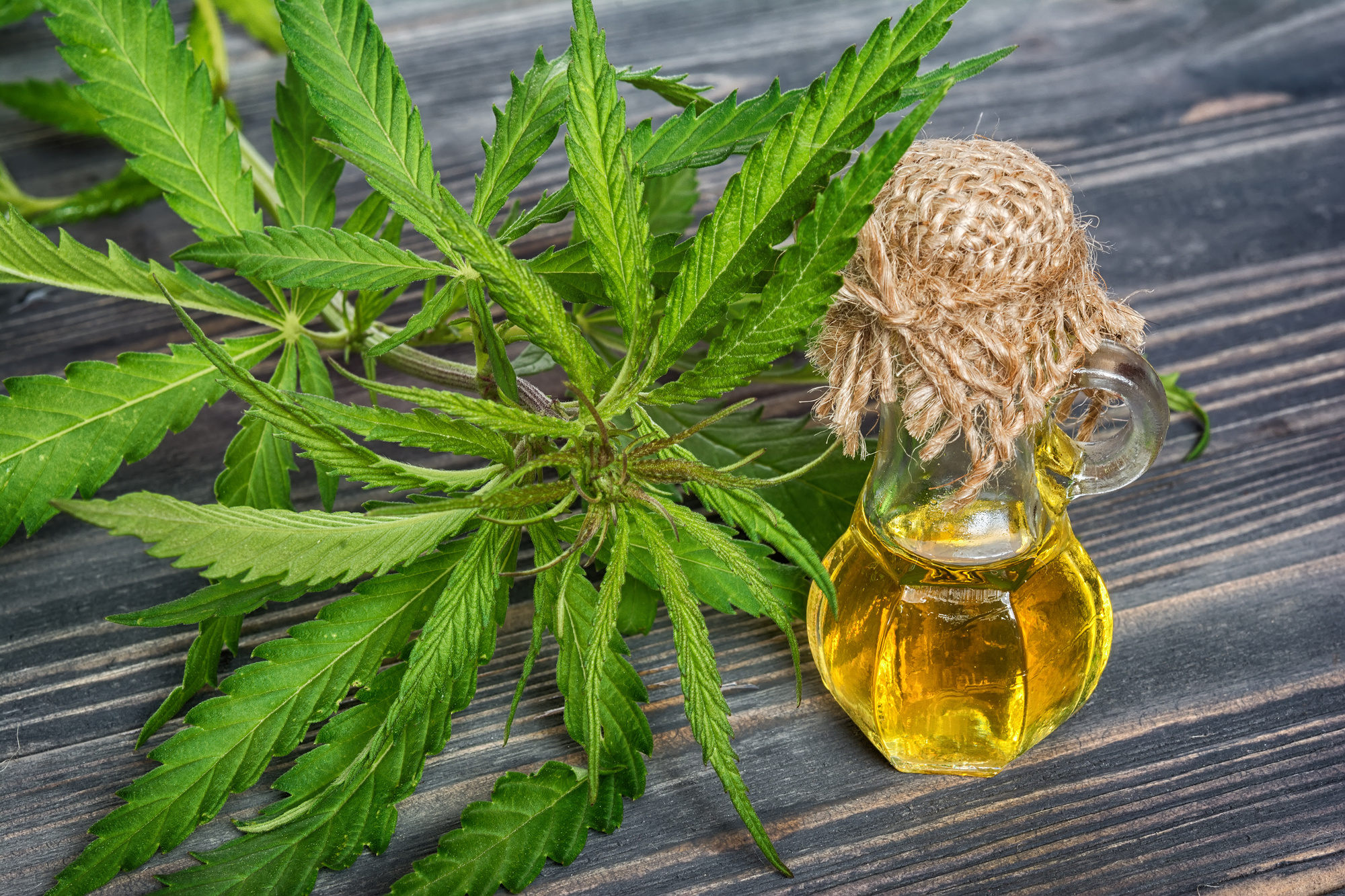
In the realm of CBD consumption, user perspectives play a pivotal role in dispelling prevalent misconceptions. By delving into firsthand accounts and testimonials, we gain valuable insights into the nuanced relationship individuals have with CBD. It’s a journey that goes beyond the surface, exploring whether users develop a reliance on CBD for its perceived benefits or if consumption is a result of responsible and intentional choices. Real stories provide a glimpse into the diverse reasons people turn to CBD, from managing stress and anxiety to alleviating chronic pain or improving sleep quality. By examining these narratives, we aim to dismantle stereotypes surrounding CBD use, acknowledging that individual experiences vary widely. Some users may find relief and integrate CBD into their wellness routines responsibly, while others may approach it with a more intentional, occasional usage pattern. This exploration serves as a testament to the diverse ways in which individuals incorporate CBD into their lives, shedding light on the realities that shape the multifaceted landscape of CBD consumption.
The Role of Regulation: Navigating Safe CBD Use
In the dynamic landscape of CBD consumption, the role of regulation stands as a cornerstone in safeguarding the well-being of consumers. Regulatory measures play a pivotal role in ensuring the safety and efficacy of CBD products, addressing the concerns surrounding quality control, accurate product labeling, and adherence to legal standards. Quality control processes are essential in maintaining the purity and potency of CBD formulations, guaranteeing that consumers receive products that meet established standards. Accurate product labeling is equally crucial, providing consumers with transparent information regarding the contents and dosage of CBD products. Moreover, adherence to legal standards ensures that manufacturers operate within the bounds of the law, reinforcing consumer trust and confidence. These regulatory mechanisms collectively contribute to mitigating potential risks associated with CBD use, creating an environment where consumers can make informed choices and embark on their wellness journeys with confidence. As the CBD market continues to expand, a robust regulatory framework becomes increasingly imperative to foster a safe and reliable marketplace for CBD products.
Research Frontiers: Current Studies on CBD and Dependency
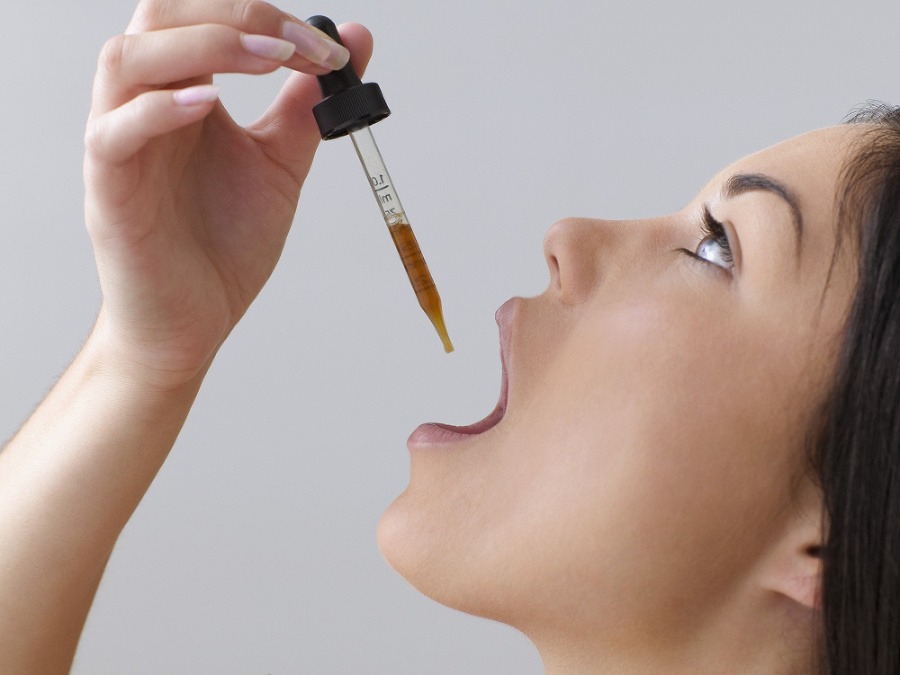
In the ever-evolving landscape of CBD research, staying informed about the latest scientific studies is paramount to understanding the nuanced relationship between CBD and dependency. As we delve into the current research frontiers, it becomes evident that the scientific community is actively exploring the intricate dynamics of CBD addiction. Numerous studies have been initiated to investigate whether CBD, the non-psychoactive compound derived from the cannabis plant, poses any risk of dependency. While some studies suggest that CBD may have potential therapeutic properties for conditions like anxiety and chronic pain, others scrutinize its safety profile concerning habitual use. The journey towards conclusive findings is ongoing, and the scientific consensus is not yet fully established. Researchers are navigating the complexities of CBD’s interaction with the endocannabinoid system, neurotransmitters, and potential impacts on behavior. The need for more extensive and rigorous research persists to gain a comprehensive understanding of how CBD influences dependency, shedding light on whether it can be considered a safe, non-addictive alternative in the realm of wellness.
Balancing Act: Responsible CBD Use
In the realm of CBD consumption, maintaining a balanced and responsible approach is paramount for ensuring a positive and sustainable experience. When embarking on a CBD journey, users should prioritize understanding their individual needs and establishing realistic expectations. Dosage considerations play a pivotal role, and it’s advisable to start with a low dose and gradually increase if needed, paying close attention to how the body responds. Consistency in dosing is key, allowing the body to acclimate to the effects of CBD over time. Mindful usage involves being attuned to one’s well-being and recognizing when adjustments are necessary. Regular self-assessment and consultation with healthcare professionals can provide valuable insights. Additionally, diversifying consumption methods, such as trying different products or incorporating CBD into various aspects of daily life, can contribute to a well-rounded approach. Responsible CBD use involves informed decision-making, staying informed about the latest research, and fostering open communication with healthcare providers. By adopting a holistic and individualized strategy, users can strike a balance that maximizes the benefits of CBD while minimizing potential risks associated with dependency.
- Making edibles taste like Delicacies, Not Cannabis - 9 May 2024
- Unlocking the Secret: Cannabis Without Munchies - 7 May 2024
- cbd versus cbg: Decoding the Differences and Similarities - 6 May 2024








